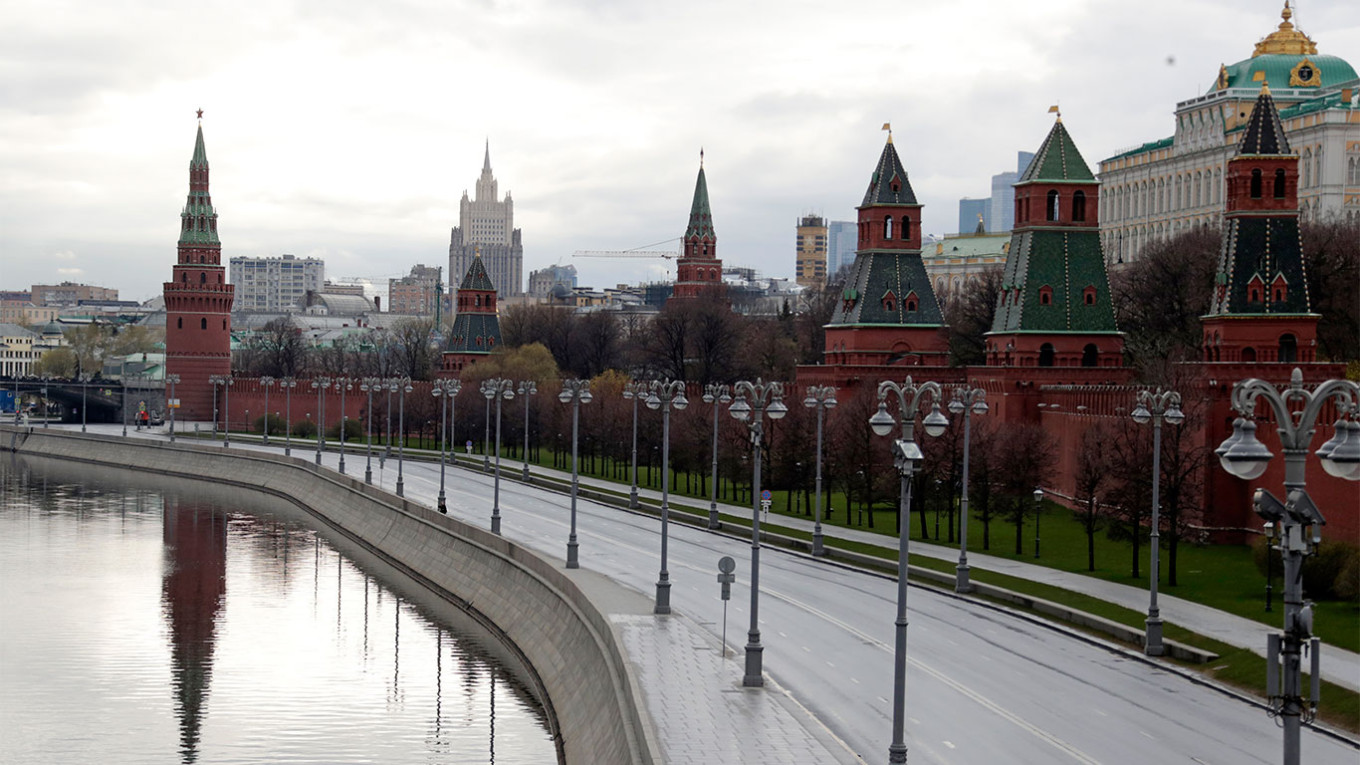Russian government officials and state media largely responded to Donald Trump’s warning of significant economic sanctions against Russia—contingent on its cessation of hostilities in Ukraine within 50 days—with skepticism. Meanwhile, President Vladimir Putin has not yet addressed Trump’s comments publicly.
At a press conference in the Oval Office on Monday with NATO Secretary General Mark Rutte, the U.S. President stated that the U.S. would impose “very severe tariffs, about 100%,” should a resolution not be reached within the specified timeframe. He expressed his frustration with Putin’s lack of efforts toward achieving peace.
Kremlin spokesperson Dmitry Peskov remarked to reporters on Tuesday that “the U.S. president’s remarks carry weight.”
“We definitely need time to digest what was articulated in Washington, and if and when President Putin feels it’s appropriate, he will respond,” Peskov said.
“For now, it is evident: it seems the actions being taken in Washington, in NATO nations, and directly in Brussels are not being interpreted by the Ukrainian side as a call for peace, but rather as an indication to intensify the conflict,” he added, reiterating Russia’s readiness for negotiations.
In response to Trump’s comments, Deputy Foreign Minister Sergei Ryabkov stated that Moscow prefers diplomatic solutions over confrontations, yet emphasized that “any attempts to impose demands, especially in the shape of ultimatums, are unacceptable to us.”
Former President Dmitry Medvedev ridiculed Trump’s warning in a post on X, referring to it as a “theatrical ultimatum to the Kremlin.”
“The world held its breath, anticipating repercussions. The warmongering Europe felt let down. Russia was unfazed,” Medvedev commented.
Sergei Shoigu, Secretary of the Russian Security Council and former Defense Minister, also weighed in on Trump’s assertion regarding U.S. weapon supplies to Kyiv funded by European allies.
Shoigu remarked that “this strategy has been a long-standing proposal from Donald Trump, who has reiterated during his electoral campaign that ‘this is not his war’ and urged Europe to assume greater financial accountability for its own defense.”
Leonid Slutsky, who chairs the Foreign Affairs Committee in the lower house of the State Duma, noted that Trump seems to be trying to strike a balance between the Western “war party” and more moderate factions while avoiding direct confrontation with the Kremlin.
“If Trump genuinely seeks progress in resolving the conflict in Ukraine, he ought to confront the Zelensky administration rather than threaten Russia with secondary sanctions. The Russian leadership has continuously asserted its willingness to resolve the conflict, and Moscow’s proposals remain on the table for negotiation,” Slutsky stated.
Senator Natalia Nikonorova, a member of the upper house Federation Council’s Foreign Affairs Committee, described Trump’s actions as “strategic maneuvering.”
“By employing ambiguous language regarding timing and meaning, he is leaving multiple options available for himself in the future. The world has yet to see any significant actions from him, despite previous media speculation,” she remarked.
Certain Russian state media outlets took a measured approach in covering Trump’s threats during their news segments.
During its 9 a.m. broadcast on Tuesday, state-owned Channel One did not highlight Trump’s tariff threats in its main news roundup, instead focusing on the additional U.S. military supplies to Ukraine that Trump announced on Monday.
On the state-operated Rossia 24, Deputy Federation Council Speaker Konstantin Kosachev provided a mixed evaluation of Trump’s comments, suggesting that they “could have turned out much worse or perhaps much better.”
He noted that while the U.S. president did not declare the provision of offensive weapons to Kyiv, he similarly failed to indicate any willingness to encourage Ukraine towards negotiations.
According to the Russian Federal Customs Service, China’s share of Russia’s trade in the previous year stood at approximately 34%, with India, Turkey, and Belarus trailing behind.
Additionally, Trump and Rutte announced an agreement under which NATO would procure billions of dollars’ worth of arms from the United States, including Patriot anti-missile systems, to be sent to Ukraine.
AFP contributed to this report.

